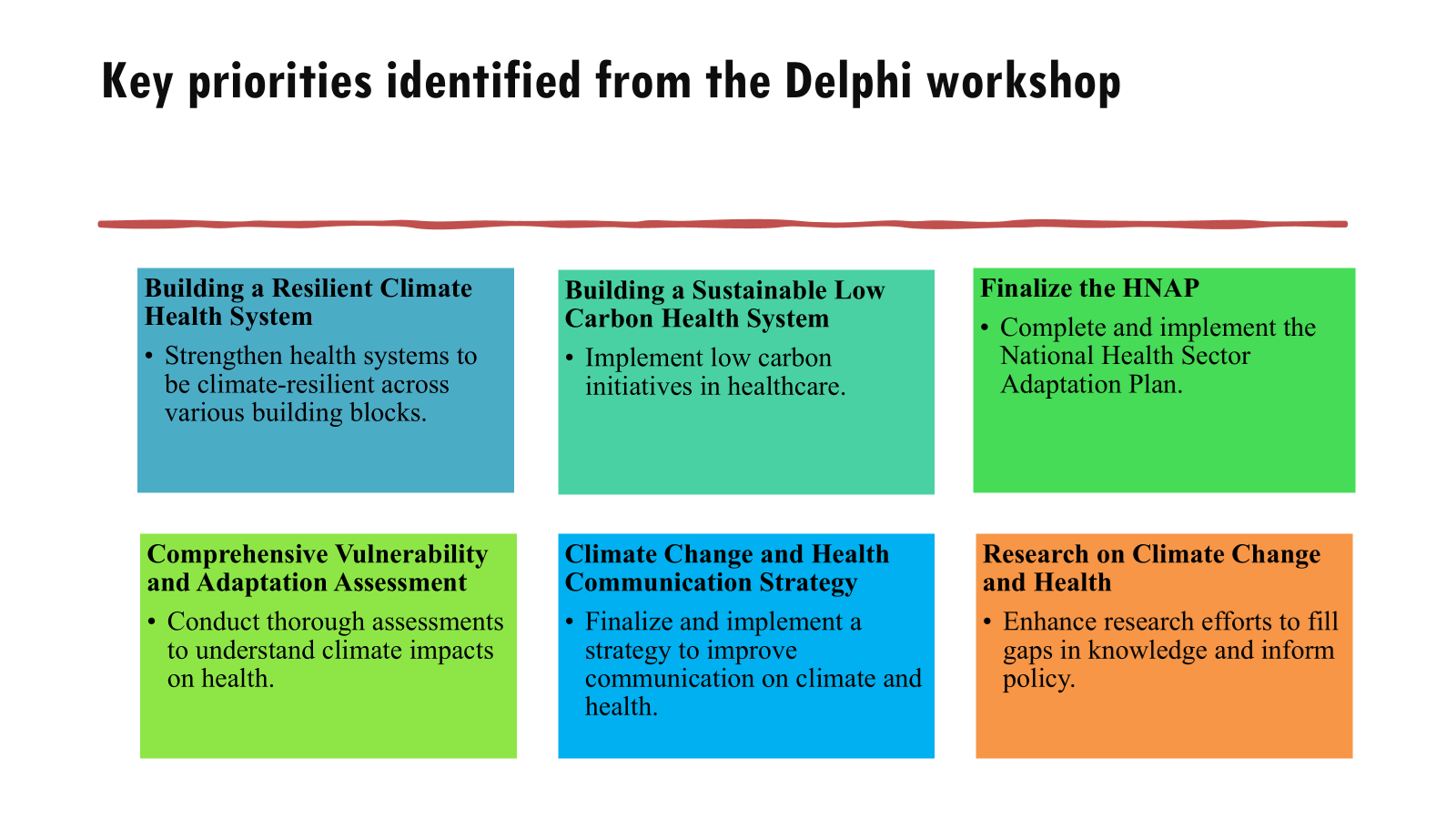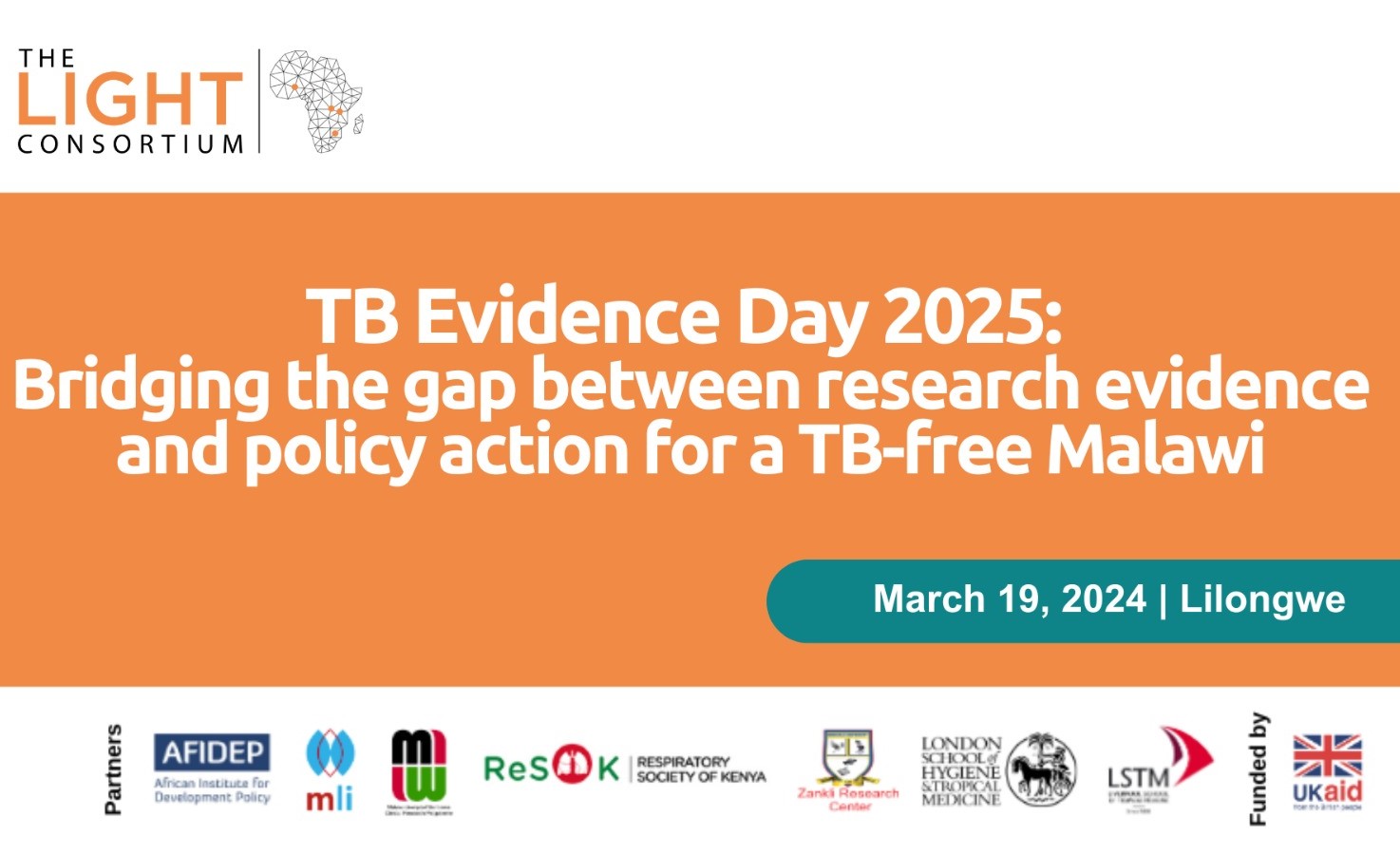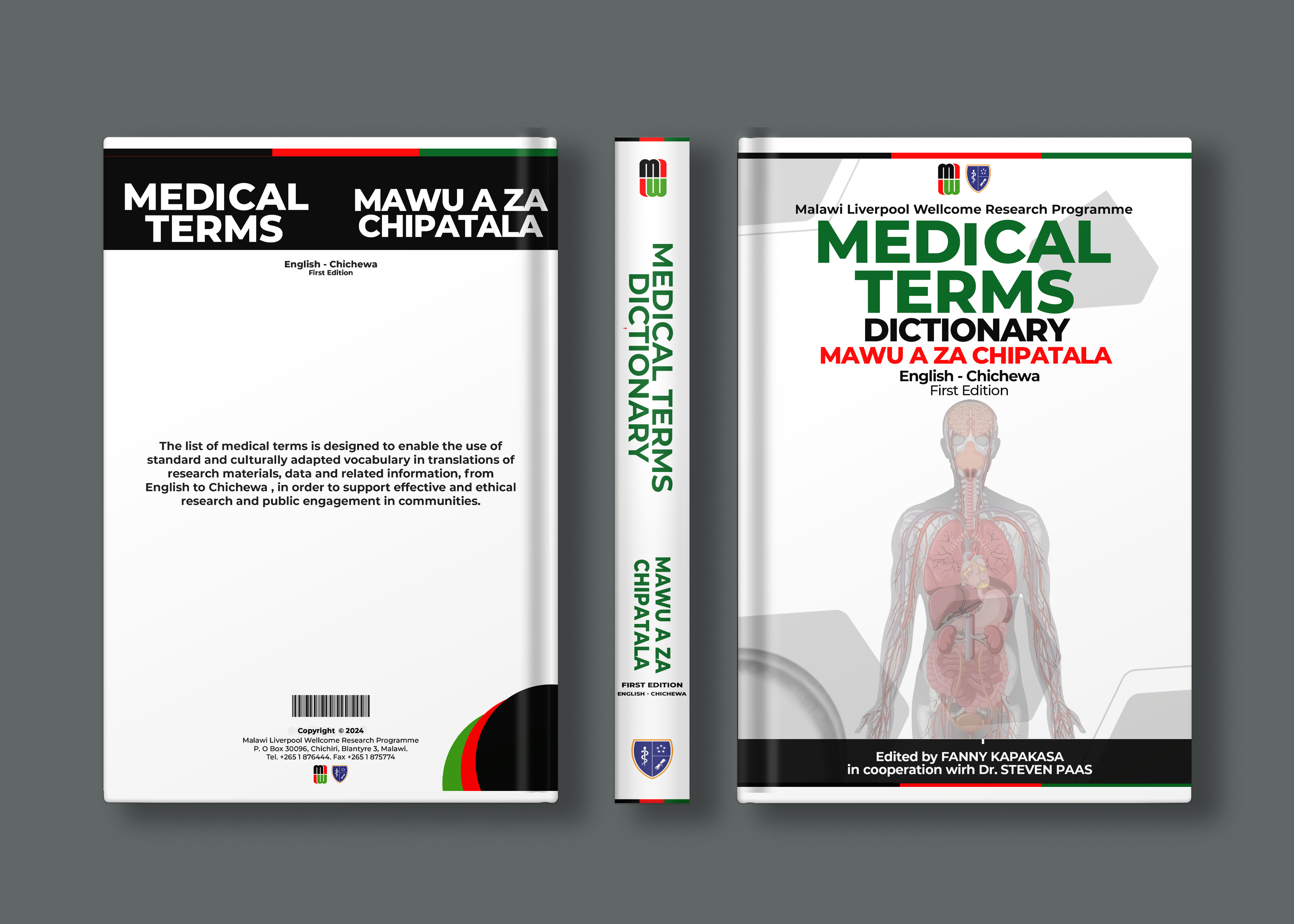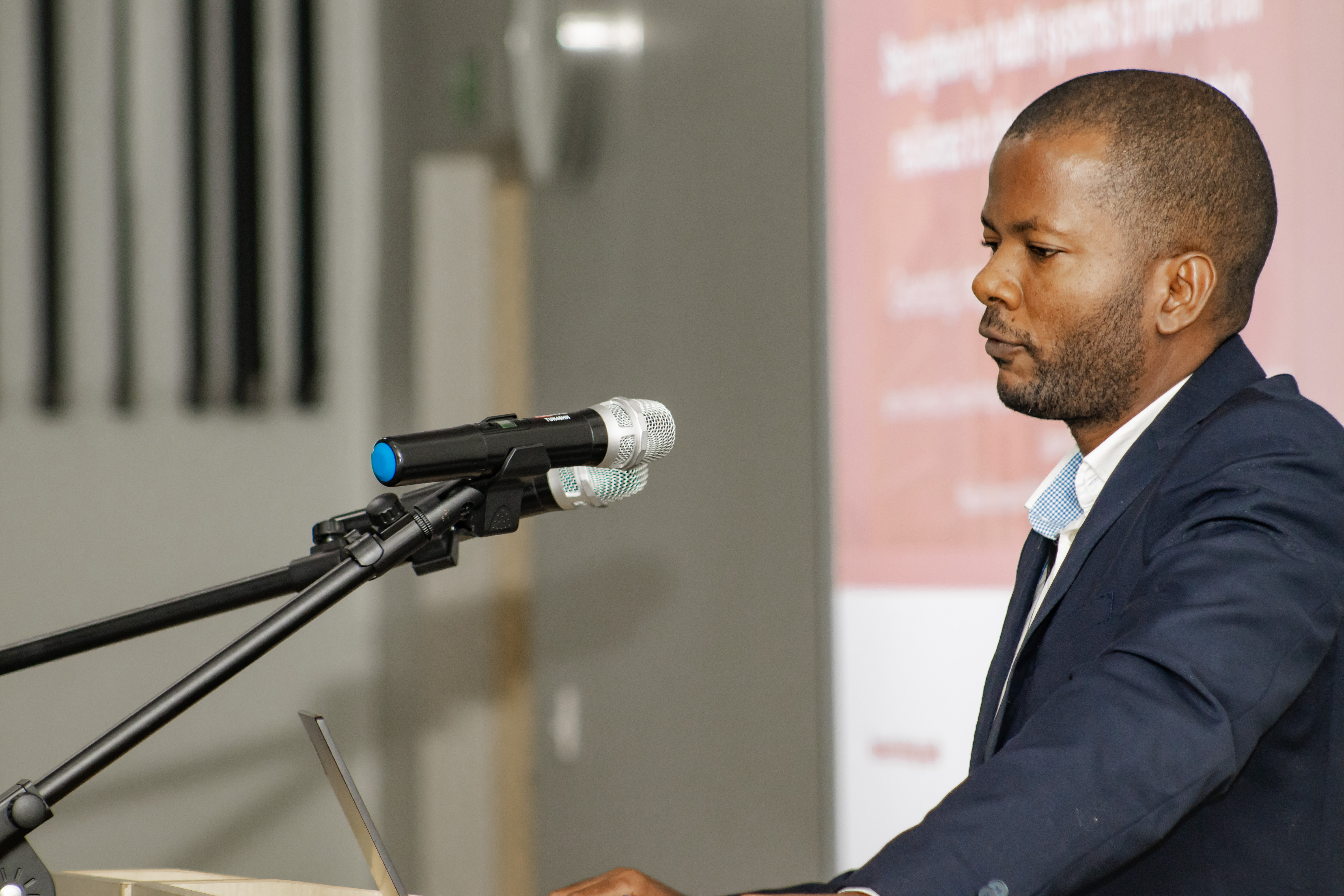The Malawi Liverpool Wellcome Research Programme (MLW) in collaboration with the Ministry of Health, and the Ministry of Energy conducted a hybrid webinar on 29 November 2024. The webinar, whose topic was “Insights into Malawi’s policy priorities for the clean energy, and climate and health sectors” aimed at providing a platform to share policy priorities within the two sectors, with key stakeholders from academia, international partners, funders, research institutions, the media, public and private sectors, and the public working in climate and health and clean energy spaces.
The webinar was part of the ‘Learning Together to Advance Evidence and Equity in Policymaking’ (LEEPS), a partnership led by The Centre for Rapid Evidence Synthesis (ACRES), which includes institutions in Malawi, Tanzania, Uganda, and Ethiopia, forming the East African Hub. The initiative aims at accelerating progress towards achieving the Sustainable Development Goals (SDGs) by supporting countries to advance evidence-informed equitable and gender-transformative solutions.
In her opening remarks, the Acting Deputy director of MLW, Associate Professor Janelisa Musaya underscored the importance and significance of MLW’s role in supporting the climate and health, and the clean energy sectors in their quest to clearly outline the policy priority areas. “ I would like to express my profound gratitude to the Ministries of Health and Energy for collaborating with us on this work,” said Associate Professor Jane Musaya.
“The policy priority areas that we are sharing today were identified during a Delphi workshop that was conducted by MLW in collaboration with various stakeholders from the Clean Energy, Climate Change, and Health sectors on March 26, 2024, at Sigerege in Salima, Malawi. The workshop brought together officials from the Ministries of Health, Water and Sanitation, and Energy, along with non-governmental partners, academia, and personal business owners” Sugzika Lakudzala Munthali, Policy Fellow at MLW, highlighted.
Mr. Hendrix Mgodie, The Technical Advisor on Climate and Health in the Ministry of Health in collaboration with Mrs Olive Mbekwani-Kalata, a Research Associate under MLW’s Policy Unit unpacked the sector’s key priority areas
Mr Mgodie however highlighted key areas for consideration by all those working in the climate and health space, these include mobilization of climate finance for health from GCF; GEF; GF; AF and World Bank, mainstreaming climate and health in all sectoral policies, strategies, plans and other relevant documents, and recognizing the role and voice of our local communities in decision making process for the sector.
On the part of the ministry of energy, Mr. Gift Chiwayula, the Chief Energy Officer and Melody Sakala, a Research Associate within the Policy Unit of MLW highlighted the following as key priority areas.
In his last submission, Mr. Chiwayula invited all relevant stakeholders working in this space to consider the opportunities that these priority issues bring, making a call to Civil Society to advocate for gender-sensitive approaches and public awareness campaigns on clean energy, Researchers to focus on filling data gaps, especially in emerging technologies and gender issues, Development partners to investment more in clean energy technologies and fuels and to Government to dedicate sufficient funding for the clean energy sector.
Commenting on the call to action that both Mr. Mgodie and Mr. Chiwayula made, Patrick Mugabi, a Research Associate at the Center for Rapid Evidence Synthesis (ACRES) who attended the webinar virtually, said “These are very critical areas for Malawi and the region, and I see huge opportunities for collaboration especially among research and knowledge brokering like my institution”
In his closing remarks, the moderator, thanked the International Development Research Center-Canada (IDRC), the William and Flora Hewlett Foundation, and the Robert Bosch Foundation for providing the funding to support this work. He also thanked both, local and international collaborators, online participants, both local and international, and those that participated physically for taking their time out of their busy schedules to join this webinar. “I hope these discussions will continue beyond this webinar to ensure desired outcomes are realised”, said Rodrick Sambakunsi, the Policy Engagement Support Fellow at MLW.
Quick facts about the webinar
- 167 individuals registered for the webinar (133 local and 34 international participants)
- 93 online and 12 physical participants attended



